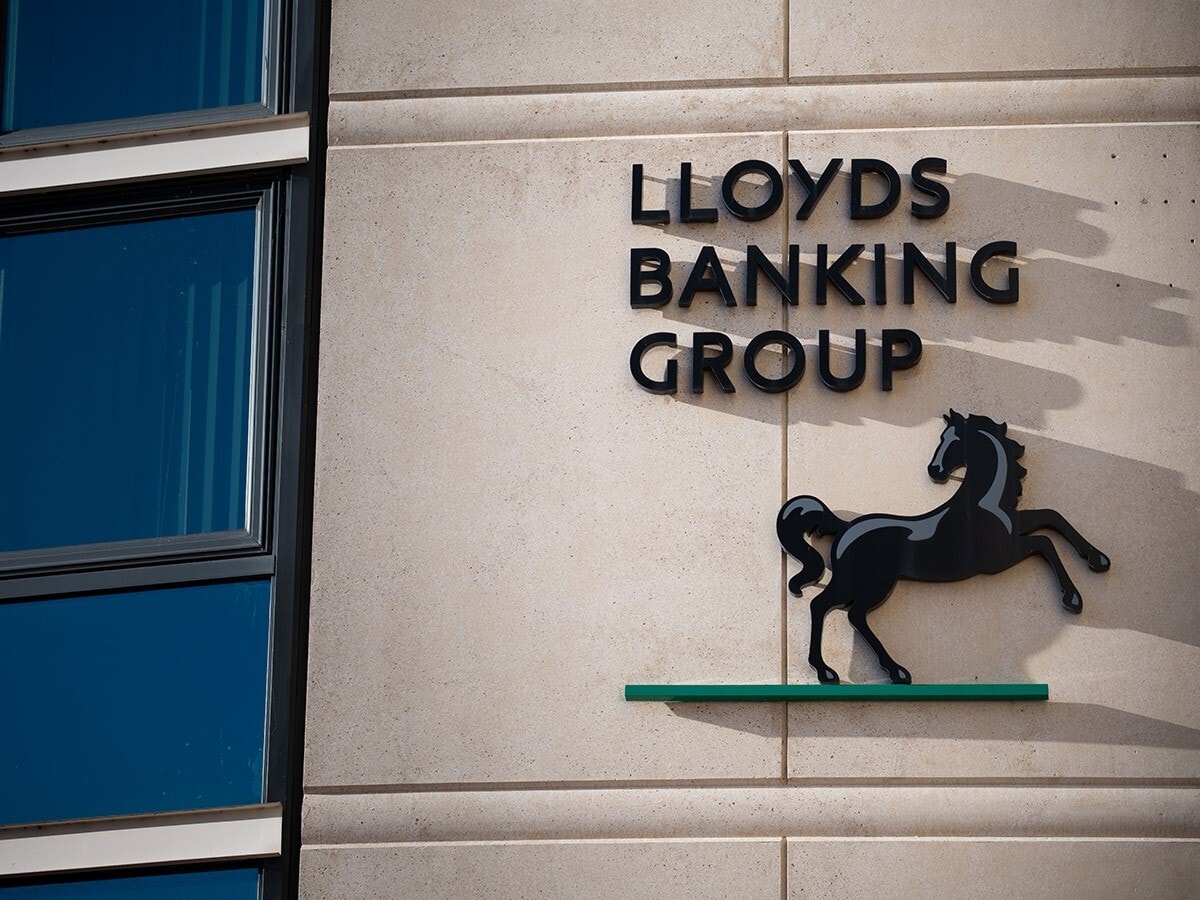The Lloyds share price [LLOY.L] has had a mixed March. On Friday 25 March, the stock closed trading at 48.75p, making for a 1.87% decline over the past month. Unsurprisingly, the war in Ukraine has rattled investor sentiment, as have pessimistic forecasts for the UK economy.
Yet, for Lloyds' army of shareholders, there have been some positives. For the full year 2021 Lloyds’ pretax profits came in at £6.9bn, up from £1.2bn in 2020. The announcement of a much improved financial performance - alongside increased profitability targets - came with the bank’s CEO Charlie Nunn outlining plans to diversify Lloyds business.
Previous leader António Horta-Osório came in for criticism over the bank’s mono-focus on the UK consumer market. The argument went that when the UK economy was doing well, so too would the stock. However, after the triple-whammy of Brexit, Covid-19 and Russia’s invasion of Ukraine, the share price has taken a hit.
Diversification is at the heart of Nunn's plan and Lloyds will soon offer more products to clients and build out the bank's wealth management offering. Although the bank will have to shake-off goals such as paying out £600m as part of the HBOS Reading scandal.
CEO looks to diversification to boost Lloyds share price
Charlie Nunn’s shakeup will see the bank’s retail division split in two. One part will focus on lending, the other on current accounts and savings. Its private banking division will be merged with the consumer relationship arm.
The bank will target affluent customers who have income or wealth above £75,000 with self-managed investment services provided through its acquisition of the Embark platform. In its annual report, the bank said that it would also aim to grow its market share in credit card spend.
The bank starts from a strong position. It has 26 million customers who can be offered an ecosystem with integrated mortgages, green retrofit solutions and insurance products. According to the annual report, a strong position in mortgages gives Lloyds the opportunity to “leverage our scale to grow in under-represented intermediary products such as motor finance, home insurance, protection, individual pensions and investments”.
Alongside a more diversified strategy, the push to online banking will continue. By 2024, Lloyds hopes to increase its digitally active customers to more than 20 million, up from 18 million. On 24 March, Lloyds announced that it will be closing 60 High Street branches by September, including Bank of Scotland and Halifax locations.
"Our branch network is an important way for us to support our customers, but we need to adapt to the significant growth in customers choosing to do most of their everyday banking online," Vim Maru, group retail director of Lloyds Banking Group said.
During its full year update, Lloyds was keen to burnish its own ESG credentials, alongside its accounts. Nunn highlighted the bank's work lending £16bn to over 80,000 first-time buyers as part of its Helping Britain Recover program. But it also makes good business sense. More lending likely means more revenue.
Higher interest rates but UK outlook uncertain
Lloyds expects its new strategy to lead to a return on tangible equity in excess of 10% by 2024 and in excess of 12% by 2026. Additional revenues are expected to be around £0.7bn by 2024 and £1.5bn by 2026.
Higher interest rates should help Lloyds bottom line as banks typically pass on rises to customers increasing margins. “Financials and value stocks tend to outperform in periods of rising rates,” Mark Haefele, chief investment officer at UBS Global Wealth, wrote in a note to investors. Still, there is a danger that pricier loan repayments increase the risk of defaults.
“Financials and value stocks tend to outperform in periods of rising rates” - UBS CIO Mark Haefele
Yet, as a bellwether of the UK economy the stock could be susceptible to economic pessimism. Living costs for millions are set to rise this year through higher energy bills and tax rises. Delivering his spring statement Chancellor of the Exchequer Rishi Sunak warned MPs that “we should be prepared for the public finances to worsen, perhaps considerably.”
The Office for Budget Responsibility has cut its growth forecasts for the UK from 6% to 3.8%. The independent watchdog warned that household incomes would fall 2.2% this year and wouldn’t get back to pre-pandemic levels until 2024. These macroeconomic conditions are out of Lloyds control and could have significant bearing on how its stock performs this year.
Disclaimer Past performance is not a reliable indicator of future results.
CMC Markets is an execution-only service provider. The material (whether or not it states any opinions) is for general information purposes only, and does not take into account your personal circumstances or objectives. Nothing in this material is (or should be considered to be) financial, investment or other advice on which reliance should be placed. No opinion given in the material constitutes a recommendation by CMC Markets or the author that any particular investment, security, transaction or investment strategy is suitable for any specific person.
The material has not been prepared in accordance with legal requirements designed to promote the independence of investment research. Although we are not specifically prevented from dealing before providing this material, we do not seek to take advantage of the material prior to its dissemination.
CMC Markets does not endorse or offer opinion on the trading strategies used by the author. Their trading strategies do not guarantee any return and CMC Markets shall not be held responsible for any loss that you may incur, either directly or indirectly, arising from any investment based on any information contained herein.
*Tax treatment depends on individual circumstances and can change or may differ in a jurisdiction other than the UK.
Continue reading for FREE
- Includes free newsletter updates, unsubscribe anytime. Privacy policy





